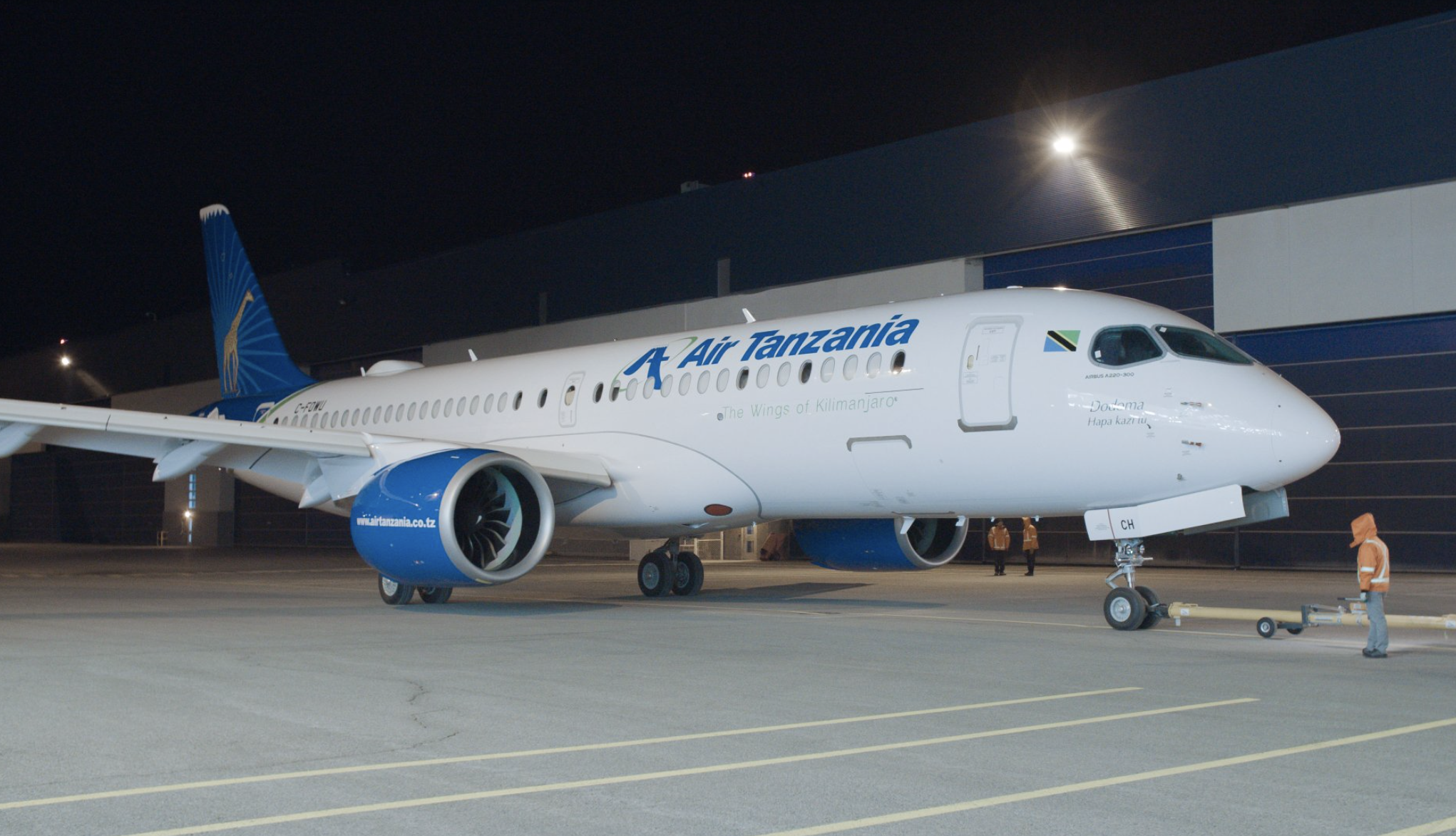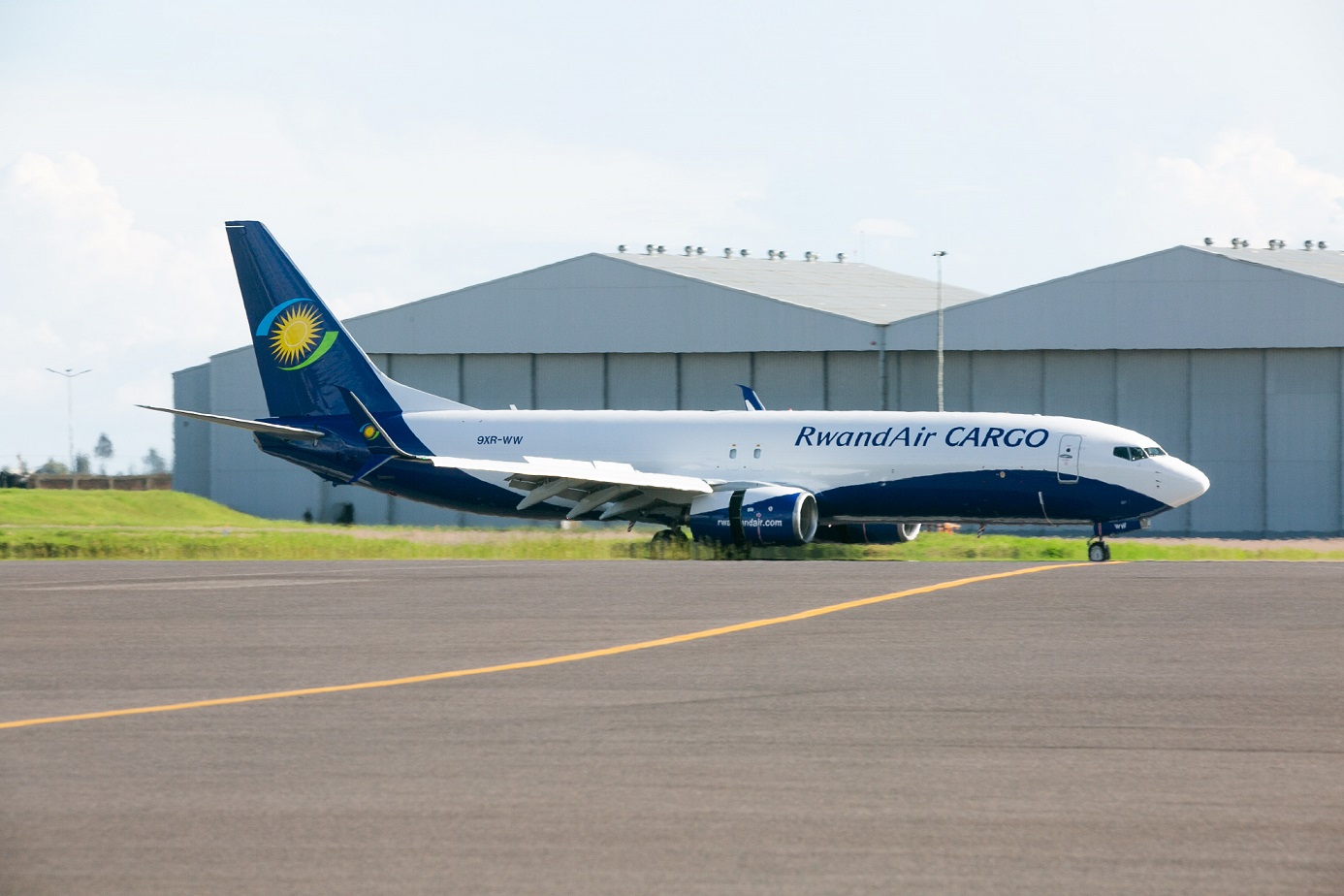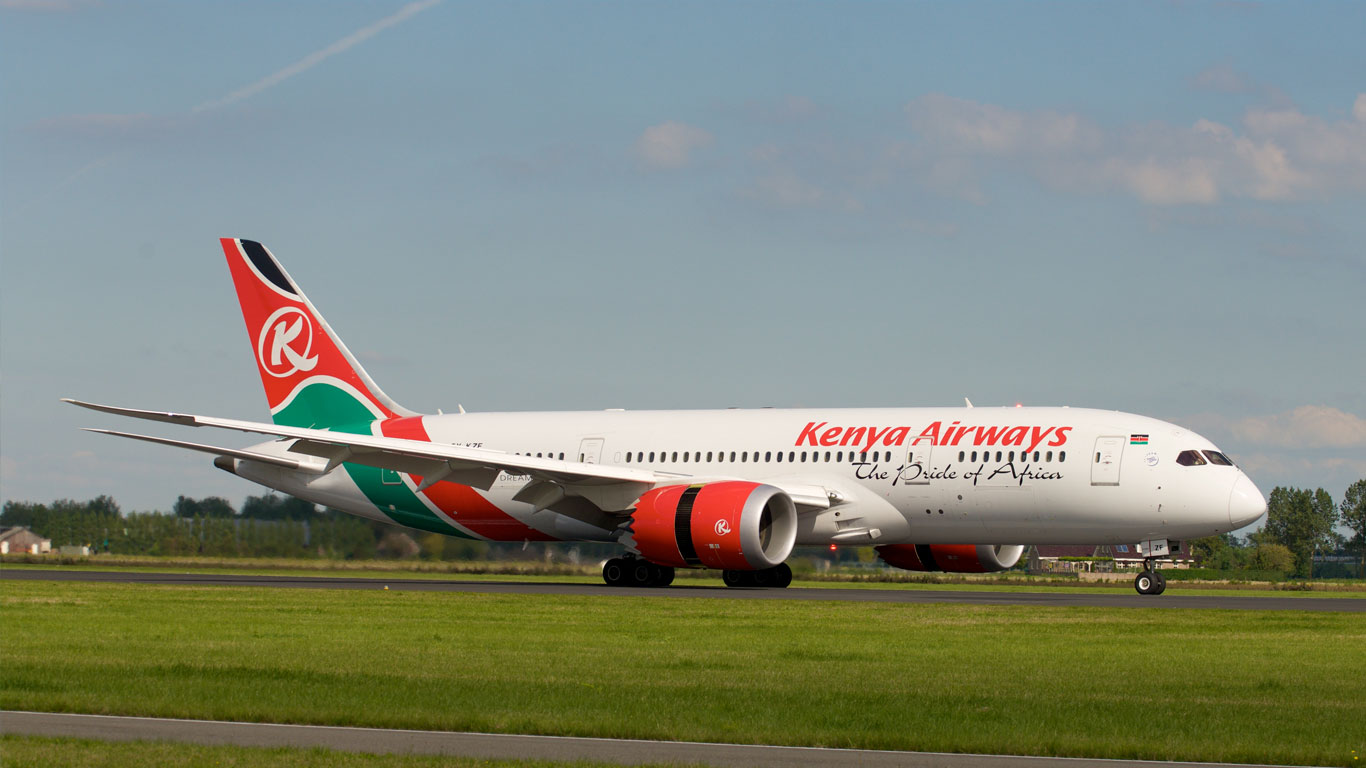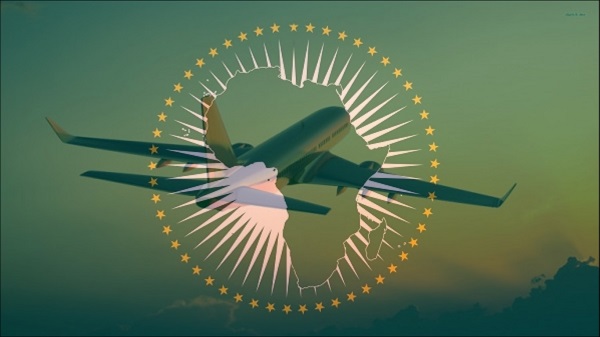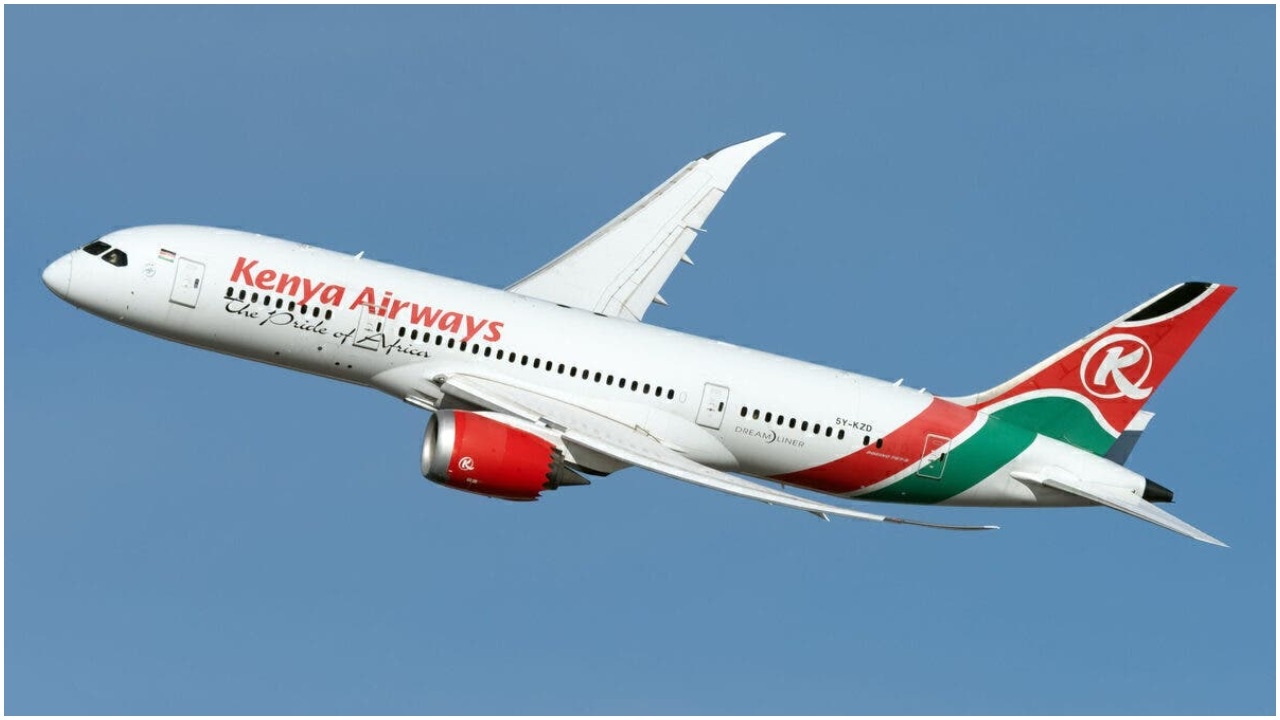After minimal progress since its launch in January 2018, the Single African Air Transport Market (SAATM) appeared to reach a decision this week with 15 of the 35 signatory states launching a cluster to pilot the scheme in real life.
The announcement is a major boost to the proposed joint airline by Kenya Airways and South African Airways, which will have immediate and unlimited access to key markets on the continent as both countries will be participating in the trial runs.
It is also a signature achievement for the International Air Transport Association (IATA), which has been working behind the scenes to get SAATM off the ground in 2023.
Dubbed the SAATM Pilot Implementation Project, the landmark decision – which bands together some of Africa’s more significant air transport markets – was announced on November 14 by the African Civil Aviation Commission (AFCAC).
Meeting in Dakar, Senegal, to mark the 23rd anniversary of the Yamoussoukro Decision, ministers from Kenya, Ethiopia, Rwanda, South Africa, Cape Verde, Côte d’Ivoire, Cameroon, Ghana, Morocco, Mozambique, Namibia, Nigeria, Senegal, Togo and Zambia, agreed to launch SAATM flights between their territories.
Align agreements to SAATM
The 15 states are expected to cement their decision further by aligning their respective air service agreements to the SAATM regime when they again meet during this year’s International Civil Aviation Organisation (ICAO) Air Services Negotiation in Abuja on December 5.
According to the African Civil Aviation Commission, the pilot markets were selected based on their willingness to participate and possession of key enablers for fully liberalised skies on the continent.
The benefits
According to a recent study by the African Union on the potential benefits of SAATM implementation, the continent would gain an additional $4.2 billion in GDP, 596,000 new jobs and a 27 percent reduction in air fares.
“The study also assessed the level of the Yamoussoukro Decision (YD) implementation and the efficacy of SAATM operationalisation for each member state and arrived at a “preparedness” rating using the SAATM enablers. These 15 states met the favourable environment for successful SAATM implementation,” AFCAC says.
The commission says 35 member states have committed to unconditionally implement SAATM while 21 states have signed the memorandum of implementation for its operationalisation.
The 35 states are estimated to account for over 85 percent of intra-African traffic and over 800 million of Africa’s 1.2 billion population.
Although SAATM’s predecessor, the Yamoussoukro Decision, has theoretically been in force since July 2000 when African heads of state and government endorsed it during their meeting in Lomé, Togo, African skies have remained largely closed, with countries opting for bilateral air services agreements.
Improve connectivity
The major objective of the Yamoussoukro Decision was to improve connectivity and integration of Africa through liberalisation of scheduled and non-scheduled air transport services and removing all restrictions on traffic rights, capacity and frequency between city pairs for all African airlines. But the continent has struggled to actualise it.
AFCAC Secretary General Adefunke Adeyemi says the commission is now expecting member states to align their respective air service agreements and for eligible airlines to begin to expand operations across the continent.
“The launch of SAATM as the first flagship project of the AU Agenda 2063 on January 28, 2018, is considered as a turning point towards the full liberalisation of air transport market on the continent,” Adeyemi said.
The pilot is expected to demonstrate the benefits and build the confidence of bystanders to fully open their air transport markets.
“With the unveiling of this pilot project of ready and willing African states that have requisite SAATM implementation enablers and with the overall benefits associated with the liberalisation of the African air transport through the YD, including air transport’s contribution to the AFCFTA to facilitate intra-African trade, this will elicit the commitment of member states that have not yet signed the Solemn Commitment to sign up,” Adeyemi added.
Lift African aviation traffic
Speaking on the side-lines of Aviation Africa 2022 summit in Kigali in September, IATA vice president for Africa and the Middle-east Kamil Al Awadi said he had committed the bulk of his resources for 2023 to getting SAATM off the ground and lifting African aviation traffic to at least three percent of the global total.
Opening up intra-African air travel and connectivity would not only boost domestic air traffic but have a knock-on effect on international traffic as well, he says.
At only 1.9 percent of global traffic in 2019, Africa’s aviation contributed $63 billion to the continent’s GDP and 7.7 million jobs, half a million of them direct.
“I want to see these numbers next year jumping a percent at least. If it goes up it means we are going the right direction; if it goes down, we are going the wrong direction.
“IATA is going to pour as much resources as it can afford into the region to get it up and running,” he says.
Kamil says given Africa’s population and resources, the continent’s share of global aviation should be closer to 15 percent.
Build consensus
His plan revolves around getting at least 15 countries to build consensus around the problems and fears that are holding back liberalisation of the air traffic market, and to come up with a corrective plan of action.
The conversation will revolve around demonstrating to participants how removing constraints to travel such as capacity caps and reducing taxes on the industry can boost traffic and result in a much better overall picture.
“Every trip I make into Africa, I can’t get into any country directly; I have to go through another country. It is a continent that is so disconnected that it is easier to jump out and then back in to make it to the country next door,” Kamil said.
“I am pushing and hopefully by January 2023, we are starting to push all stakeholders with the intention to first of all get some routes open internally so that you can move within African easily.”
Source: The East African

